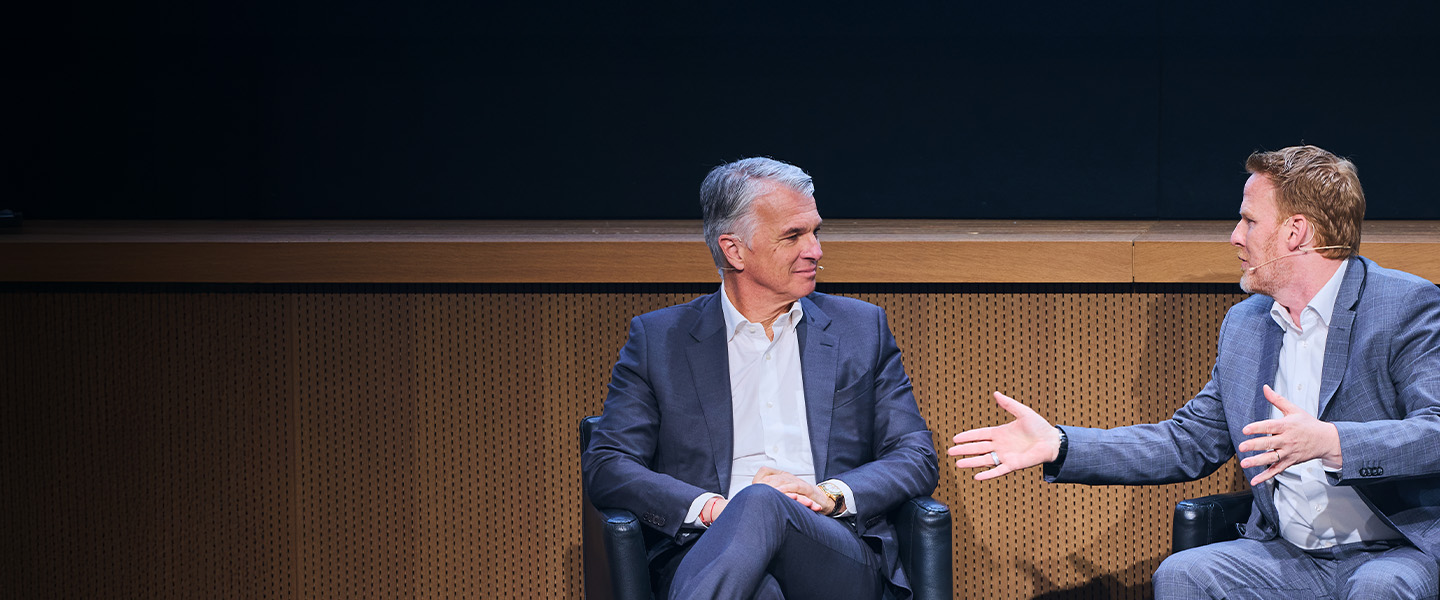
Ayala corporation: nation building and succession
Receiving one of the most prestigious accolades for “excellence in family business” was a memorable moment for the ten Zobel de Ayala family members gathered in Dubai on October 16. They belong to the seventh and eighth generations of the family that has steered Ayala Corporation, one of the Philippines’ oldest and most successful conglomerates, through the ups and downs of an emerging market for over 180 years.
Since the company was founded in 1834, its mission has been anchored in three core values: integrity, long-term vision, and trust that empowers leaders. There are several related reasons for Ayala’s success over time, but two in particular stand out. One is the company’s strong commitment to nation building and development, reflecting its belief that inclusion and sustainability are keys to continued success. The second, related, factor is a series of well-planned successions, which has resulted in consistent values across generations.
Nation building
Since its foundation, Ayala has always been an important contributor to the Philippines’ development and growth. Jaime Augusto and Fernando Zobel de Ayala, respectively the seventh-generation chairman and president of Ayala Corporation, have continued this tradition and act as ambassadors for the Philippines, promoting the country as an up-and-coming market to global investors and potential business partners. Like their father, Don Jaime Zobel de Ayala, they believe that nation-building activities such as these will ultimately help the long-term growth prospects of the family conglomerate.
In the words of Fernando Zobel de Ayala: “We consistently look for ways to give back to our country; through Ayala’s businesses, through the Ayala Foundation and through our individual efforts.”
The family has combined its nation building with professional management structures. Many of the Ayala Corporation’s entities are publicly traded without compromising family values and control.
By the end of 2013, Ayala’s listed companies accounted for 20% of the Philippine Stock Exchange Index capitalization, and employed 42,000 people. Gross revenues from all its companies, including associate and jointly controlled entities, reached 308 billion Philippine pesos (about $7.1 billion). In 2013, the market capitalization of the entire Ayala group amounted to 1.4 trillion Philippine pesos (about $32 billion).
The group holds majority stakes in a range of businesses, principally in real estate development (Ayala Land), banking and financial services (Bank of the Philippine Islands, or BPI), telecommunications (Globe Telecom), water utilities, electronics manufacturing services, automotive dealerships, business process outsourcing, infrastructure, and power generation.
The succession challenge
The Zobel de Ayala family has always managed succession carefully, and 18 consecutive family members have now been at the helm of the group. Each generation has left its “pioneering mark,” introducing new businesses and entering new industries, developing new business models and building strategic alliances and partnerships that turned Ayala into an international player with leadership positions in its various businesses.
Ownership was passed to the seventh generation relatively early, when the nine shareholders were between 27 and 39 years old. They were well aware of the importance of further developing the family’s governance and their own generational footprint. Strictly separating the “Business of Business” from the “Business of Family,” the seventh generation set aside time and invested in strengthening family bonds through communication and educational activities. They also introduced a range of shared experiences to transmit the family heritage and values to the eighth generation, a group of 30 cousins.
As Jaime Augusto Zobel de Ayala, from the seventh generation, says: “From the earliest days, we made sure that we stayed unified as a family, organized ourselves effectively, and remained attuned to the changing needs of the business.”
In spring 2014, the first eighth-generation family members attended Ayala’s executive strategy meeting, which takes place every two years. Among the topics discussed were how to strategically allocate resources to grow the corporation within and/or beyond the Philippines, and how to venture beyond traditional business models. As potential future leaders of Ayala, the eighth generation also had to consider fundamental questions. Was the recipe for Ayala’s success over the past 180 years still relevant for the future? Would inclusion and nation building continue to serve as reliable pillars for the business? And how should they best prepare themselves to become the next generation of responsible stewards?
Over time the family has developed a number of criteria for assessing potential next-generation leaders. These include, but are not limited to, academic excellence, a balanced personality, being respected by the cousins, and having a fair and understanding character. The eighth-generation members know they need to work their way up and gradually move across the different business units while being monitored and coached by Ayala’s non-family senior staff. This will enable them to discover the size and complexity of the different businesses.
As one eighth-generation member puts it: “The opportunity to be involved in the organization is very exciting, though we have a lot to learn and achieve before determining what our trajectory within the organization will be.”
The eighth generation is aware of how unique its situation is. Another member says: “To have the exposure to work with many different high-caliber CEOs and hear them speak about what the next five, ten years have in store for each of the companies – that is a once-in-a-lifetime opportunity. I don’t think either of us takes it for granted.”
Before long, the eighth-generation members of the Zobel de Ayala family will face managerial challenges of their own as they steer the group towards the end of its second century. But it seems safe to assume that they will maintain the longstanding commitment to nation building and will take great care in preparing the eventual handover to the ninth generation.
Benoit Leleux is Stephan Schmidheiny Professor of Entrepreneurship and Finance at IMD, where he co-directs The Next Generation (TNG). This is a program for young family members, those already involved, and those who have been identified as potential next leaders in the management, ownership or governance of their family business.
Anne-Catrin Glemser is Family Business Research and Development Manager at IMD.
The IMD-Lombard Odier Global Family Business Award was created in 1996. The aim of the award, which provides a unique platform for sharing best practices and analyzing the economic backdrop, is to promote family businesses by highlighting the exceptionally high standards they are capable of and the many forms they may take. The 2014 award ceremony took place during the 25th Summit of the Family Business Network International (FBN-I) in Dubai.
Research Information & Knowledge Hub for additional information on IMD publications
in I by IMD
Research Information & Knowledge Hub for additional information on IMD publications
Research Information & Knowledge Hub for additional information on IMD publications
Research Information & Knowledge Hub for additional information on IMD publications
in I by IMD
Research Information & Knowledge Hub for additional information on IMD publications
in I by IMD
Research Information & Knowledge Hub for additional information on IMD publications
Research Information & Knowledge Hub for additional information on IMD publications
in I by IMD
Research Information & Knowledge Hub for additional information on IMD publications
Research Information & Knowledge Hub for additional information on IMD publications
Research Information & Knowledge Hub for additional information on IMD publications
Research Information & Knowledge Hub for additional information on IMD publications











